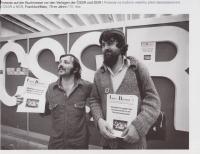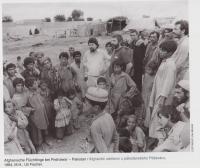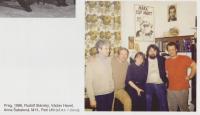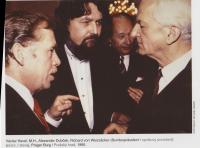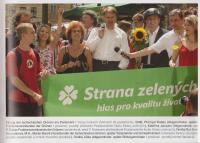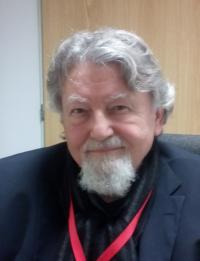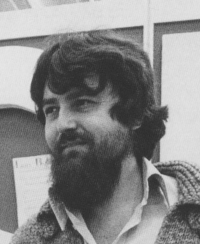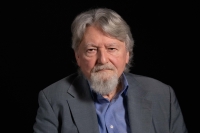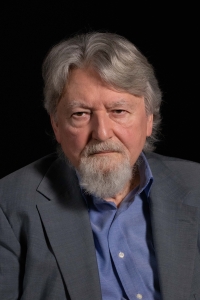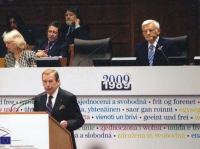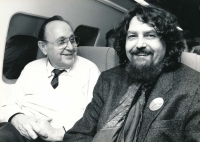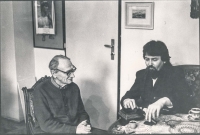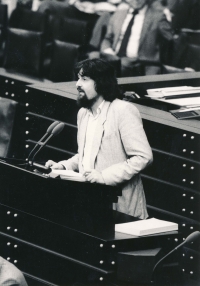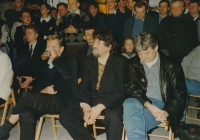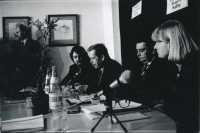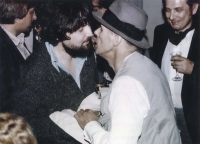The topic of ecology and human rights led him to the Bundestag

Download image
Milan Horáček was born on 30 October 1946 in Velké Losiny near Šumperk. His father, Alexandr Horáček, was Czech, his mother, Emilie, née Sieber, was German and her family was allowed to stay in Czechoslovakia after the end of the war. They spoke Czech at home, yet the witness´s childhood was marked by pervasive anti-German sentiments. He trained as an electrical mechanic. Already during his adolescence he criticised the communist regime and the closed borders. Being politically unreliable, he was assigned to a road-building unit, the former Auxiliary Engineering Corps (AEC), as part of his compulsory military service. In 1967, he was accused of organizing a mutiny arranged because of poor diet and spent several weeks in military prison. After the invasion of Czechoslovakia by Warsaw Pact troops in August 1968, he and his friend František Dražan decided to leave for West Germany, where his mother and two sisters had already emigrated. Here they both worked for a while in an upholstered furniture factory, Milan Horáček later found work in a chemical factory in Frankfurt. Here he studied grammar school and political science at the Johann Wolfgang Goethe University. He became involved in exile work, together with Václav Hora he ran the Dialog bookshop, was the managing director of the emigrant Club Cesty 68, and published the German version of Pelikán’s Listy. He participated in smuggling foreign literature into Czechoslovakia. In the late 1970s he was at the beginning of the German Greens, for which he was elected to the Frankfurt city council in 1981 and two years later to the Bundestag. He was particularly interested in human rights issues, with which he also travelled abroad to Afghanistan and the Soviet Union. In January 1990, he accompanied Václav Havel on his first presidential foreign trip to Germany. He was a member of Havel’s wider advisory board. He founded and for many years headed the Prague office of the Heinrich Böll Foundation and was involved in the development and direction of the Czech Green Party. From 2004-2009 he was a Member of the European Parliament elected on behalf of the German Greens. He lives in Prague and Germany.
